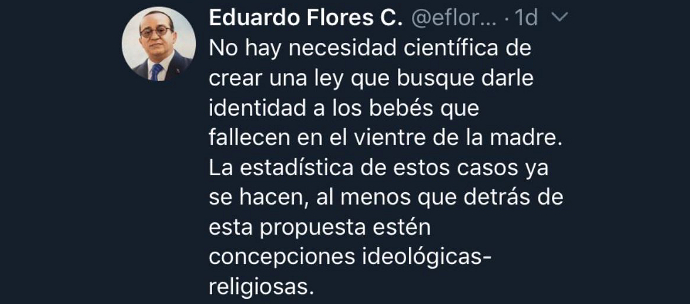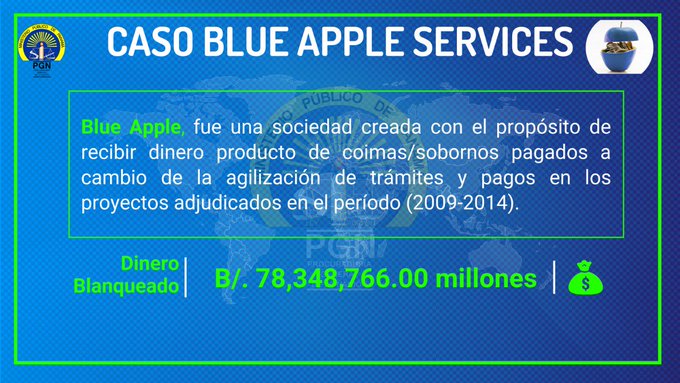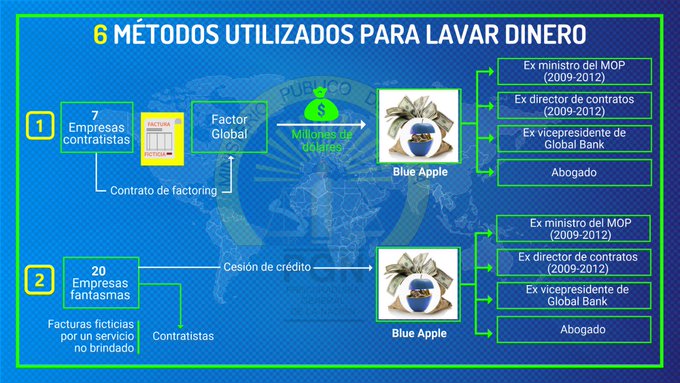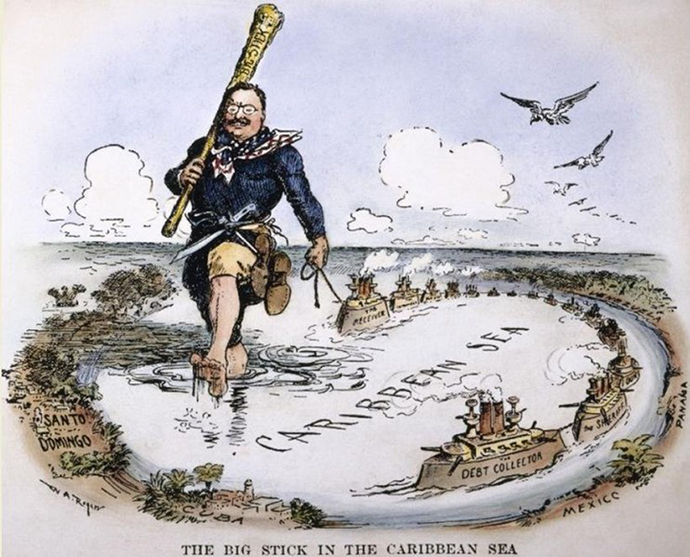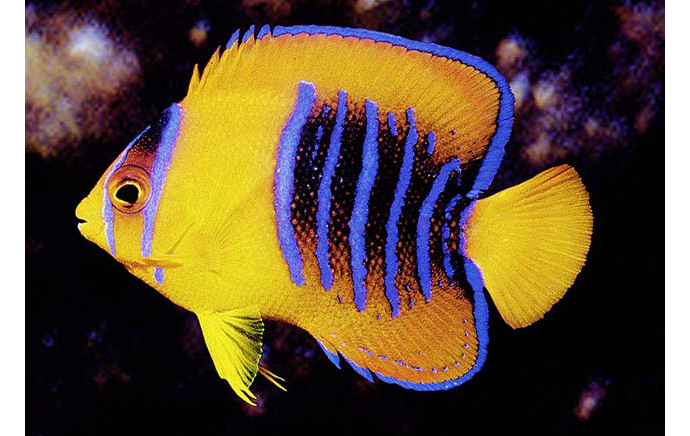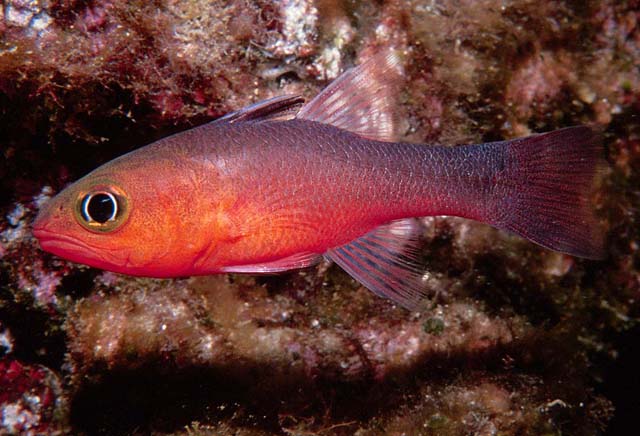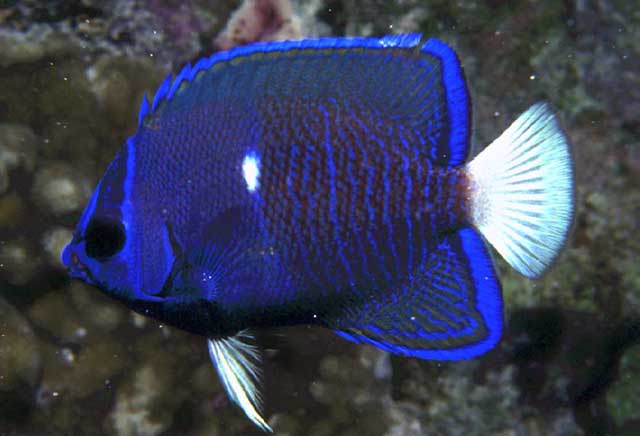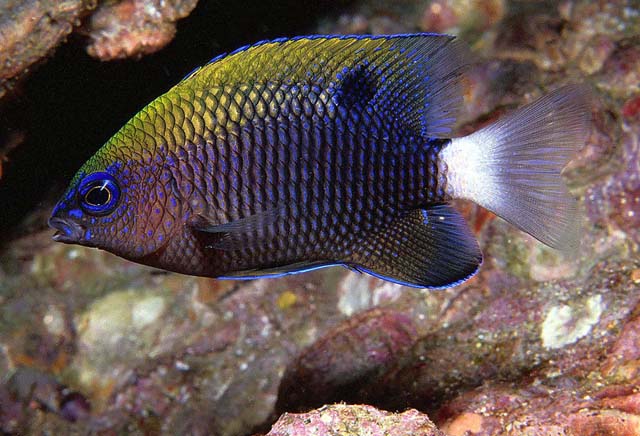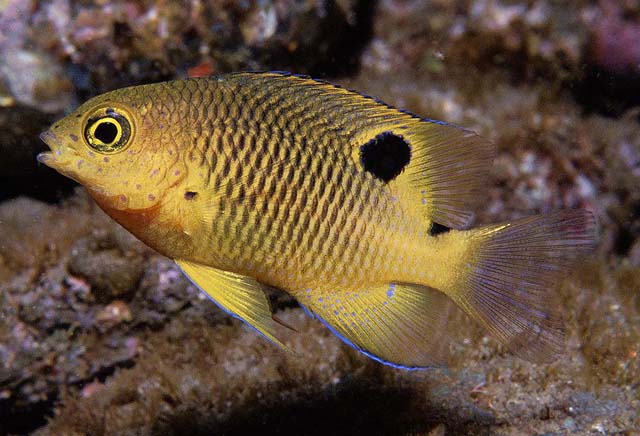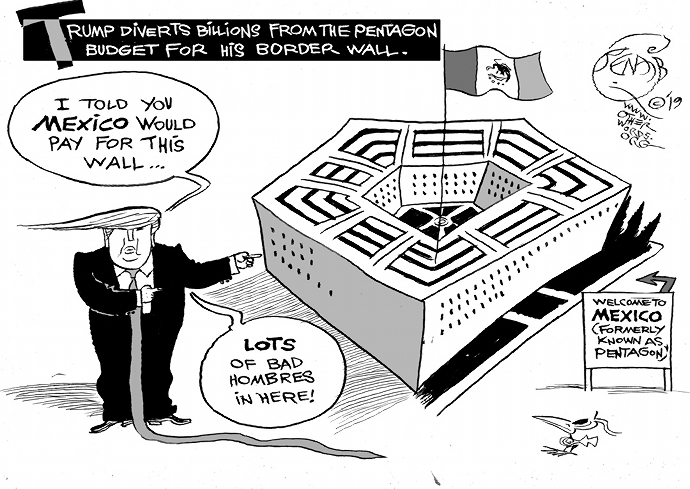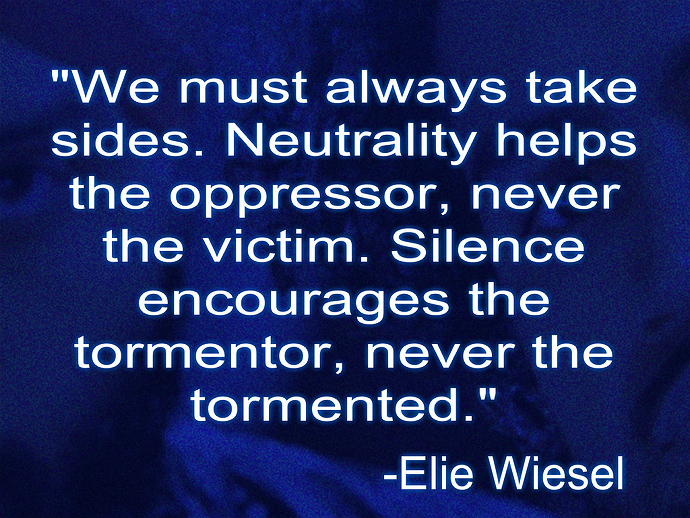“There is no scientific need to create a law that seeks to give an identity to the babies that die in their mothers’ wombs. The statistics of these cases are already kept. Behind this proposal are ideological and religious concepts, to say the least.” Eduardo Flores, rector of the University of Panama, on his Twitter feed.
A move to reverse the verdict
of more than a century ago
In the period when Panama was a part of Colombia, the country was wracked by a succession of civil wars between Liberals and Conservatives. There were various other issues – Liberal merchants and industrialists against Conservative landowners and such – a persistent reason for the wars was that Conservatives intended to make Catholicism the state religion and Liberals were against having an official faith.
But for a few pockets where big Conservative landowners held sway, Panama was mostly Liberal turf. But at the outset of the 1899-1902 Thousand Day War, a Liberal battlefield blunder – foolish men trying to prove their bravery by charging into machine gun fire at the Calidonia Bridge – left Panama City in Conservative hands. There, over the course of the war and afterwards, the Conservatives presided over mass starvation.
Yes, ultimately is was a Panama Railroad Company and Conservative Party coup, backed by the US Marine Corps, that separated Panama from Colombia. Why did Liberals accept this? It would be a good subject for a doctoral dissertation, but surely at the top of the list was that Panamanians of all stripes were sick of Colombia’s never-ending wars.
When it got around to writing a constitution, some compromises were made. It was acknowledged that most Panamanians were Catholic and that catechism would be taught in the schools. It was stipulated that there would be freedom of religion. Priests were forbidden to hold public office. There was a tacit agreement not to teach or discuss a long history of religious persecution and warfare that dated from the time of the Spanish Conquest.
And the party of an official religion? Within a decade of Panamanian independence the Conservative Party was moribund and soon died out entirely.
Now we have a religious fanatic movement imported from abroad – from the neofascist-connected CitizenGO network based in Spain and from the end times Evangelicals of the United States – seeking to impose its religious dogmas through a law that would create an inquisition aimed at women and girls who have miscarriages or whose babies come out stillborn, and in a constitutional amendment that they want which would require a referendum that would override any legislation or court decision or treaty provision on any subject that fits the international religious right-wing network as a “family issue.”
In our own way, imperfectly as it may have been done, Panama decided long ago that we didn’t want government-imposed religion. And it’s worth mobilizing and putting up with a lot of defamation and grief to uphold that early 20th century verdict. The European goose step and North American end times fantasies have no place in Panamanian public affairs.
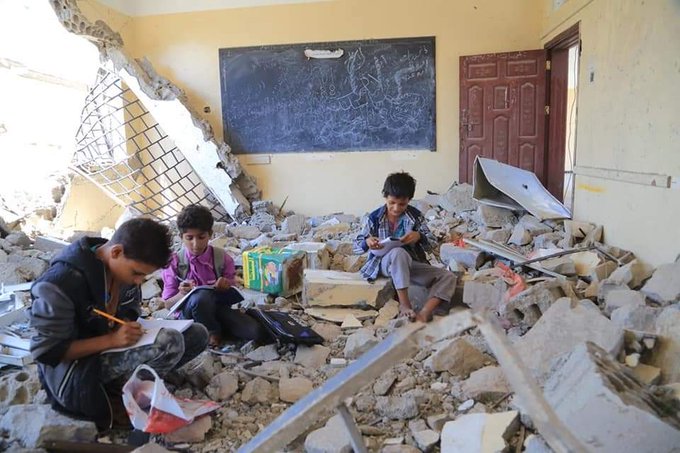
The Saudis, using US-supplied weapons, bomb schools in Yemen in the course of a war that the Saudis started four years ago. The Saudis also indiscriminately bomb hospitals and residential neighborhoods. So the world is supposed to be shocked and outraged when Yemen hits back at the Saudi oil complex? And the people of the USA, the forces of which is losing in Afghanistan and Iran-Syria, are supposed to clamor for a new war with Iran because of this payback? Photo from the Right Word Yemen’s Twitter feed.
Don’t send guns or troops – let the oil economy go!
Saudi Arabia and a few allies, backed by the United States, the United Kingdom and Israel, have carried out an atrocious Sunni jihad against Yemen, which they want to spread to Iran.
Has five percent of the world’s oil reserve gone up in smoke from the Yemeni counter-attack? The Saudis deserved it. Moreover, with the ongoing calamities of climate change the rest of the world should have long since taken the hint to end the petroleum economy.
Are there financial, industrial and human resources just lying around to be used in a US war over Middle Eastern oil? They should be dedicated to the USA getting by without oil instead.
Bear in mind…
I never see what has been done; I only see what remains to be done.
Marie Curie
Men are more often bribed by their loyalties and ambitions than by money.
Robert Jackson
Civilization is a method of living, an attitude of equal respect for all men.
Jane Addams
Contact us by email at fund4thepanamanews@gmail.com
These links are interactive — click on the boxes

